There was a time when charisma was considered essential for startup leadership. The loudest founder usually raised the most money. The most energetic person in the room was assumed to be the most visionary.
But we are now watching that archetype start to fade. The best founders today are not performers. They are operators. And they do not care about being impressive — they care about being precise.
Quiet leadership is not passive. It is focused. It is the decision to conserve attention rather than consume it. It is knowing when to be public, and when to disappear and work.
I have sat in boardrooms where the least talkative person knew more than anyone else. I have invested in founders who do not post often, do not brand themselves, and do not perform for press, but who have built companies with extraordinary resilience and control.
This shift matters. Because in high-stakes environments, AI, climate infrastructure, regulated finance, the ability to remain calm and consistent under pressure is more valuable than the ability to go viral.
Quiet leaders scale trust. They do not need a crowd to feel momentum. They build small teams and compound quietly. And in most cases, they are the ones regulators, institutions, and legacy firms feel most comfortable partnering with.
I am not saying charisma has no value. But performance is fragile. And in an ecosystem where hype cycles get shorter and capital is more cautious, the edge is moving toward founders who can work in silence and deliver on time.
Quiet leadership is not the absence of presence. It is presence without the need for applause.







